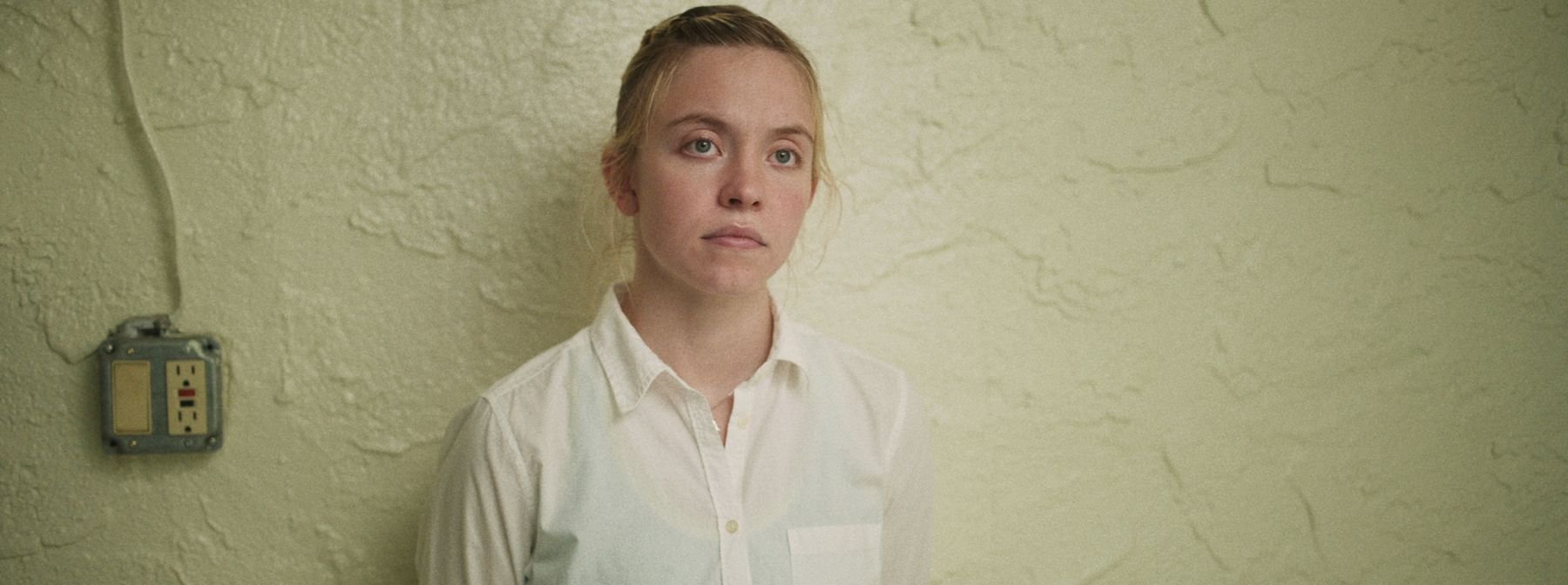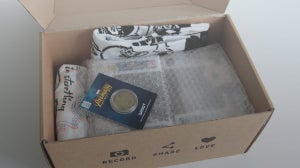
The film stars Euphoria’s Sydney Sweeney as Reality Winner, a translator who was arrested in the summer of 2017 for leaking an intelligence report about Russian interference in the 2016 Presidential election. Director Tina Satter’s film is a direct adaptation of the FBI transcript which was published soon after, a tense, surreal discussion between Reality and two agents who know far more than they’re letting on.
She was given the longest prison sentence in US history for the leak of government information, but her story didn’t make too many headlines at the time. Speaking to Zavvi, Satter confesses that initially it was just the strangeness of her name that stood out to her, not digging deeper into the true story until she encountered an article several months later.
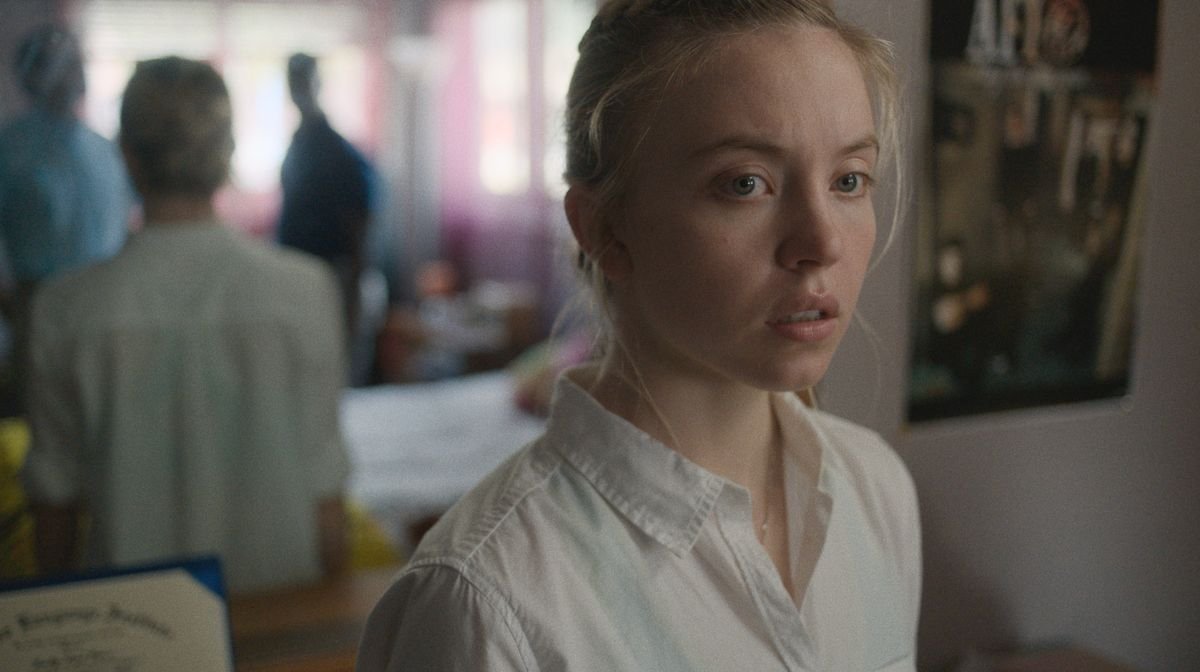
“I found myself getting intrigued by her as I started reading more, and after reading a New York Magazine profile, I found that you could read the entire transcript of her arrest online. It was a fascinating document to me, it listed participants like they were characters, so it already felt like it could be a play.
“She was already in prison at this time, so reading this knowing that this is when they caught her, and it was unfolding within this dialogue, was something I couldn’t believe – I had a strong response to it. This felt like I had access to the back room in that small house, and I was just fascinated by this complicated young woman, and the fact we had an actual record of this moment in time.”
In 2019, Satter recreated the transcript in stage production This Is A Room, which had an extended, rapturously received off-Broadway run later that year. Rewriting the transcript was never a possibility, but when she first considered adapting her play for the screen, the director admits being daunted by the challenge of how she was going to “crack open” the story without adding anything onto it.
https://youtu.be/pZKeY3Tw6SI
She explained: “James Paul Dallas worked on the first draft with me and I was scared; I had never done a screenplay before and I didn't trust myself in that first step. The play was very stark – the transcript only had three named characters, with the fourth being named “unknown male”, which is one of the reasons I first leaned forward into it while reading!
“There were 11 men in total who arrived at her house on the day, but there was a rigor to the play where I only had four actors get up on stage to perform the dialogue. The main thing I wanted in the film that I couldn’t replicate there were more details of her life, as well as leaning further into her subjective moments – I was happy when the producers read my first draft and asked me to lean more into those, because it gave me permission to be weirder.
“Sticking to the transcript and never changing the order of events was a challenge, but it was also a huge gift. The language was all there, the task was finding where was best to crack it open, leave the bubble of the transcript to show you what she’s seeing in certain moments, and to reveal more about her.”
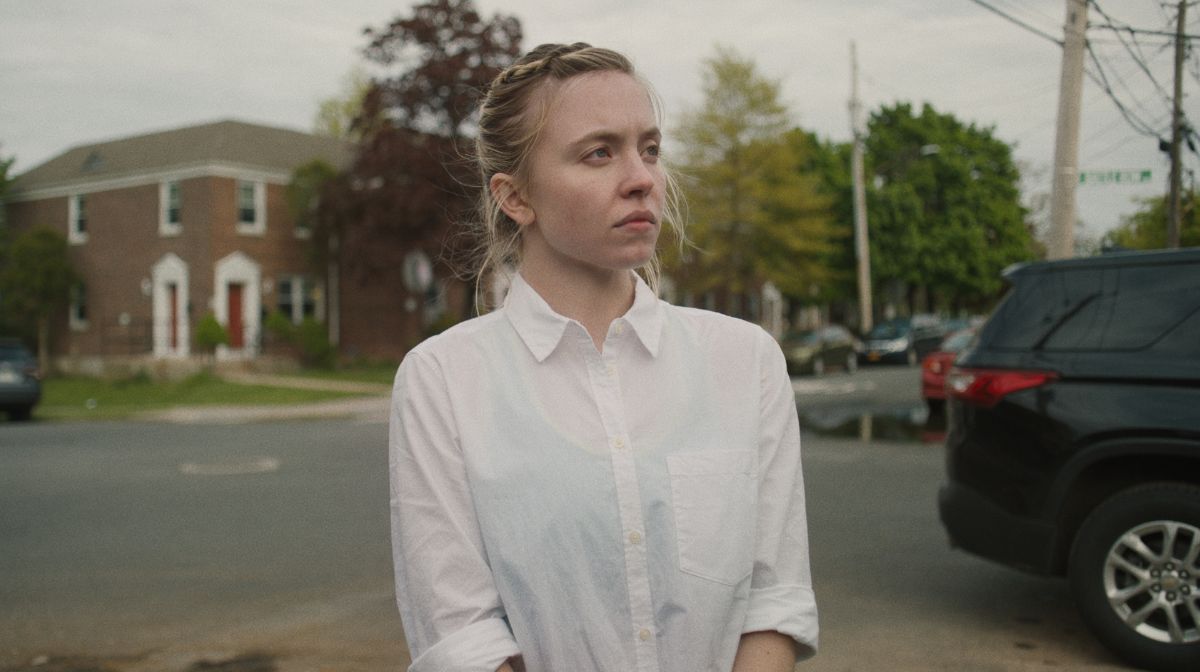
Being able to step inside Reality’s perspective was a likely benefit of being able to speak with the film’s real inspiration shortly after she was released from prison in 2021. When adapting the play, Satter spoke to several of Reality’s family members including her mother and her sister, finding that when she did eventually Zoom with the whistleblower herself, all she needed were the finishing touches to bring her world to life.
“She provided us with so much, but it was almost always detailed textures, things I wanted to know so I could adapt the story faithfully, like how many cars pulled up outside her house. Our production designer and costume designer spoke to her about the details of her house and who visited, and she was always very generous and supportive of the project.”
Interestingly, Satter has never heard the tape itself, and has still only ever read the transcript. Working with the actors, she aimed to replicate this “canonical text” as closely as she could, following the rhythms on the page, which were noted down to every last stutter and cough.
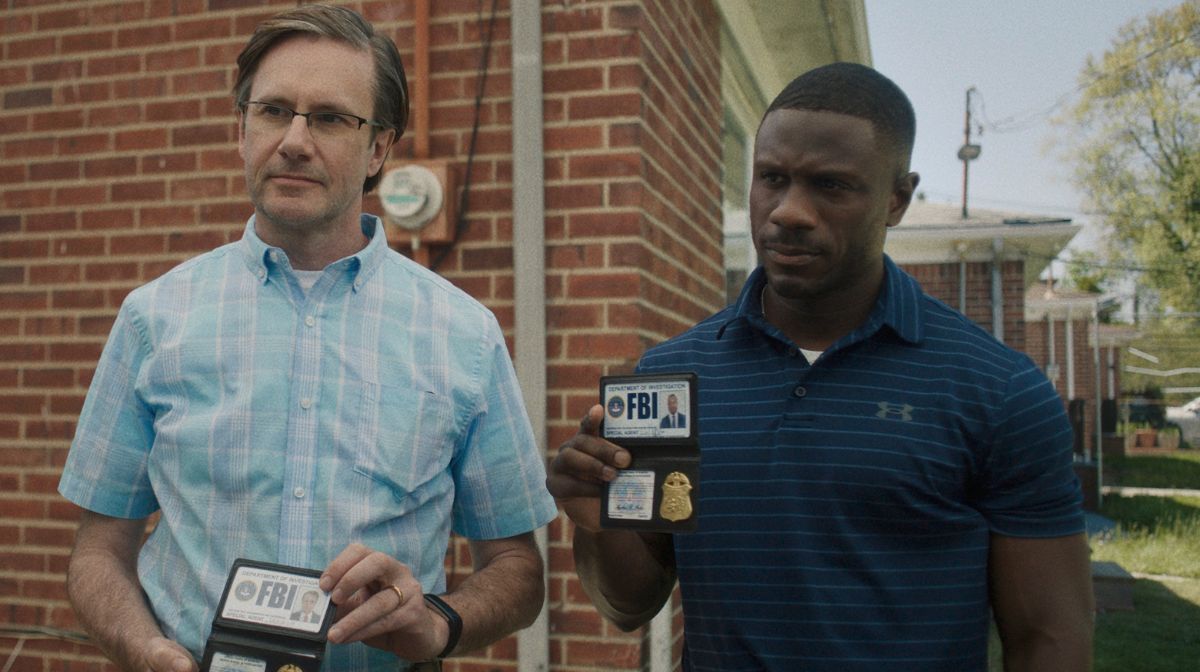
“It’s an incredible resource for an actor, but when it came to Sydney, the focus wasn’t on getting it rhythmically perfect. There are these micro-emotional beats throughout as she must hide her emotions from the people in the room, while displaying them on camera to the audience – it's a crazy task Sydney was excellent at, and as she got those beats, it didn’t need to be syllable perfect, even though she was always getting the language correct.
“This is a performance that unfolds almost in real-time, a long-form emotional close up where we see inside her brain as she’s pretending to be something else, staying with her as her life is changing by the second.
"It was always clear to me Sydney had those emotional chops, she gave this incredibly emotional performance in Euphoria, but the thing that made her perfect for the role was an understanding of who this young woman really was. They both came of age in this same American moment, and I think that gave her an innate understanding of Reality, even though they had very different life trajectories.

“What’s equally compelling to me is that there are two men spending time with this woman knowing that they’re about to change her life, and that she’s about to go to prison. I wanted actors who wouldn’t do the archetypal cop thing but bring in that weird humanity, which I think Marchánt Davis and Josh Hamilton both do really well.”
As the movie stays close to the real transcript, it does beg the question: can it be considered a documentary, or at the very least a docu-drama? Even with the film now out in the world, Satter still doesn’t have a clear answer.
“We don’t have video footage of that day to work from, and the audience doesn’t get a beat-by-beat account from Reality herself, but we do get little bursts of the real woman.
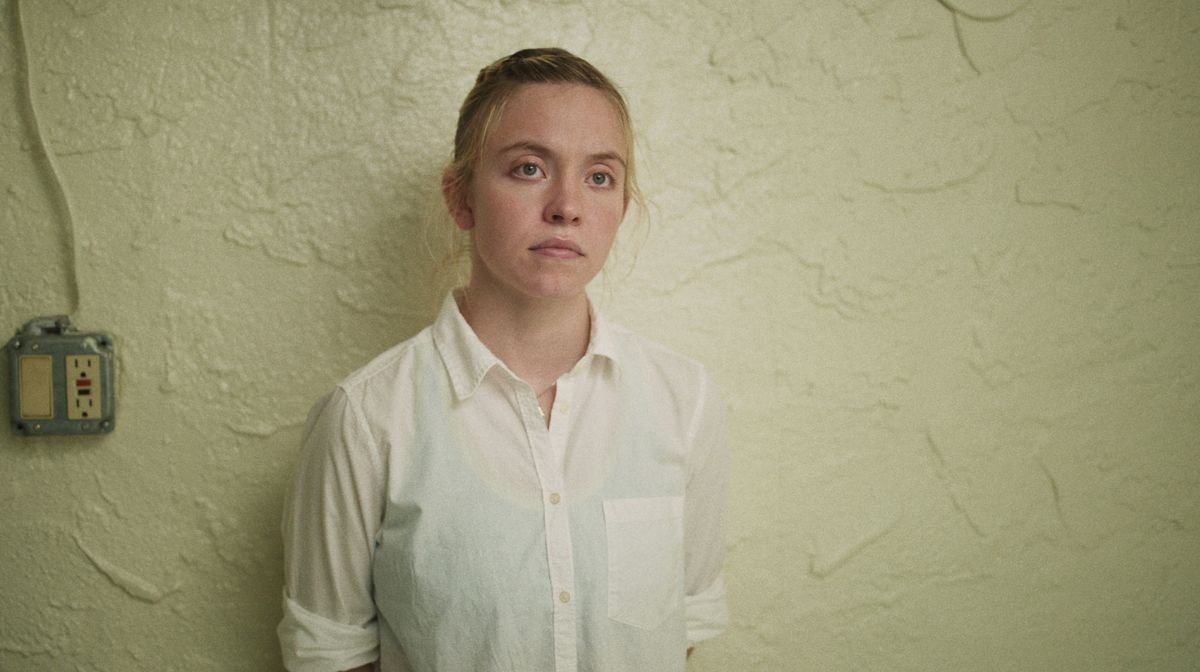
"As well as the interrogation transcript, and the picture, I did want to dive further into her records – and when it’s mentioned she goes to Belize, I dived into her Instagram feed and it’s all on there, this historical account of a young woman’s life right up until the day it changes.
“So I think the movie definitely is a hybrid by taking all of this in – a narrative feature that accounts for the darker, real-life elements”.
As straightforward as staging the transcript may sound, Reality makes for one of the most surreal viewing experiences in recent memory, a tense character study that makes audiences flies on the wall as history unfolds. You won’t forget it easily.
Reality - is out now in UK & Irish cinemas.For all things pop culture, follow us on Facebook, Instagram, Twitter and TikTok.

